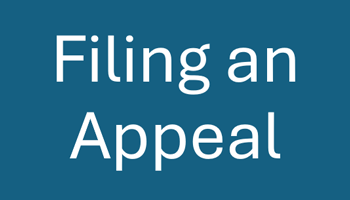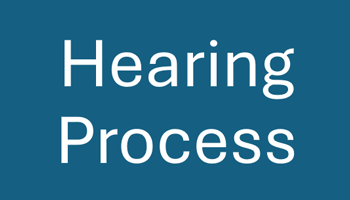
Subdivision and Development Appeal Board (SDAB)
Appeals
The Subdivision & Development Appeal Board hears appeals from people who have been affected by a decision of the Development Authority and/or the Subdivision Authority under the Zoning Bylaw.
The Subdivision & Development Appeal Board (SDAB) is an independent quasi-judicial Board as set out in the Municipal Government Act and is administered by Legislative Services. It is a committee made up of five members as follows
a. five Citizen Representatives; and
b. two alternate Citizen Representatives.
Citizen members cannot be employees of The City of Red Deer, members of Council or the Municipal Planning Commission. Citizen members consist of local residents; however it is also recognized that non-residents who own property or have a business in the City also have a stake in the community.


